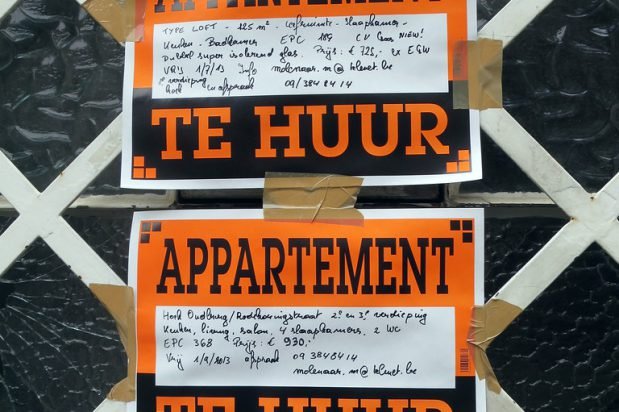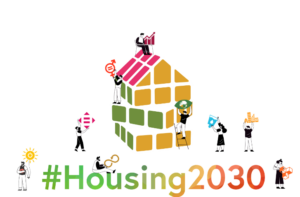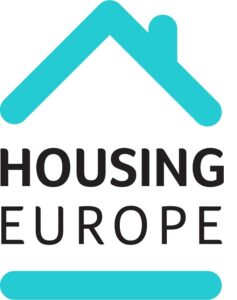Points system for rent setting in the Netherlands

The Dutch government applies a points-based system[1] to assess housing quality and determine the maximum price for renting it.
Description
This system is limited to the lower end of the market (under EUR 752 in 2021); above these rents are subject to market conditions. The number of points determines the maximum rental price of the home, room, or mobile dwelling. Each part of the house is awarded points for the size of rooms, kitchen, bathroom, energy performance and so on, as well as the property value. Every point corresponds with a rental amount in euros (+/- EUR 5 per point).
[1] For additional information on the points-based system of the Netherlands, see https://www.rijksoverheid.nl/onderwerpen/woning-huren/vraag-en-antwoord/hoeveel-huur-betaal-ik-maximaal-voor-mijn-woning; and https://www.amsterdam.nl/en/housing/rental-prices/.
Scale
National
More information
The lower end of rental market housing is largely provided by social housing corporations (about 30 per cent of national housing stock), subject to a household income allocation ceiling of EUR 40,024 per year (2021) as well as an annually regulated indexed rent level. For the middle and upper segment of the private rental market, dominated by private for-profit landlords, there is a liberalized regime. This has no general rules for setting rent increases or even how tenants should be notified of them.[1]
This low threshold for regulation has been problematic for tenants under tight market conditions, and there have been rapid price increases in Dutch cities in recent years. Amendments to housing legislation in 2019 empower Dutch municipalities to draft further rent regulations. The city of Hague has done this, and now regulates the allocation of middle rental housing segments (under 185 points and above EUR 753), ensuring that modest-income households applying for modest rental accommodation are given priority.[2]
[1] For a brochure of tenant’s rights for the Netherlands, see https://www.uni-bremen.de/fileadmin/user_upload/fachbereiche/fb6/fb6/Forschung/ZERP/TENLAW/Brochures/NetherlandsBrochure_09052014.pdf.
[2] For information on arranging affordable housing permit, see https://www.denhaag.nl/en/permits-and-exemptions/residential-permits/affordable-housing-permit.htm.
https://www.rijksoverheid.nl/onderwerpen/woning-huren/documenten/publicaties/2020/05/20/hoe-tel-ik-tot-1-juli-2021-de-punten-van-mijn-zelfstandige-huurwoning [1] European Microfinance Network, “European Code of Good Conduct for Microcredit Provision”, EMN Note (December 2011). Available at https://www.european-microfinance.org/publication/housing-microfinance-roma-and-marginalized-groups.
[2] For information on activities of the Council of Europe Development Bank for Roma, see https://coebank.org/media/documents/Roma_Brochure.pdf.
https://horizonti.org.mk/en/mikro-zaemi-za-domuvanje/

An initiative of:


